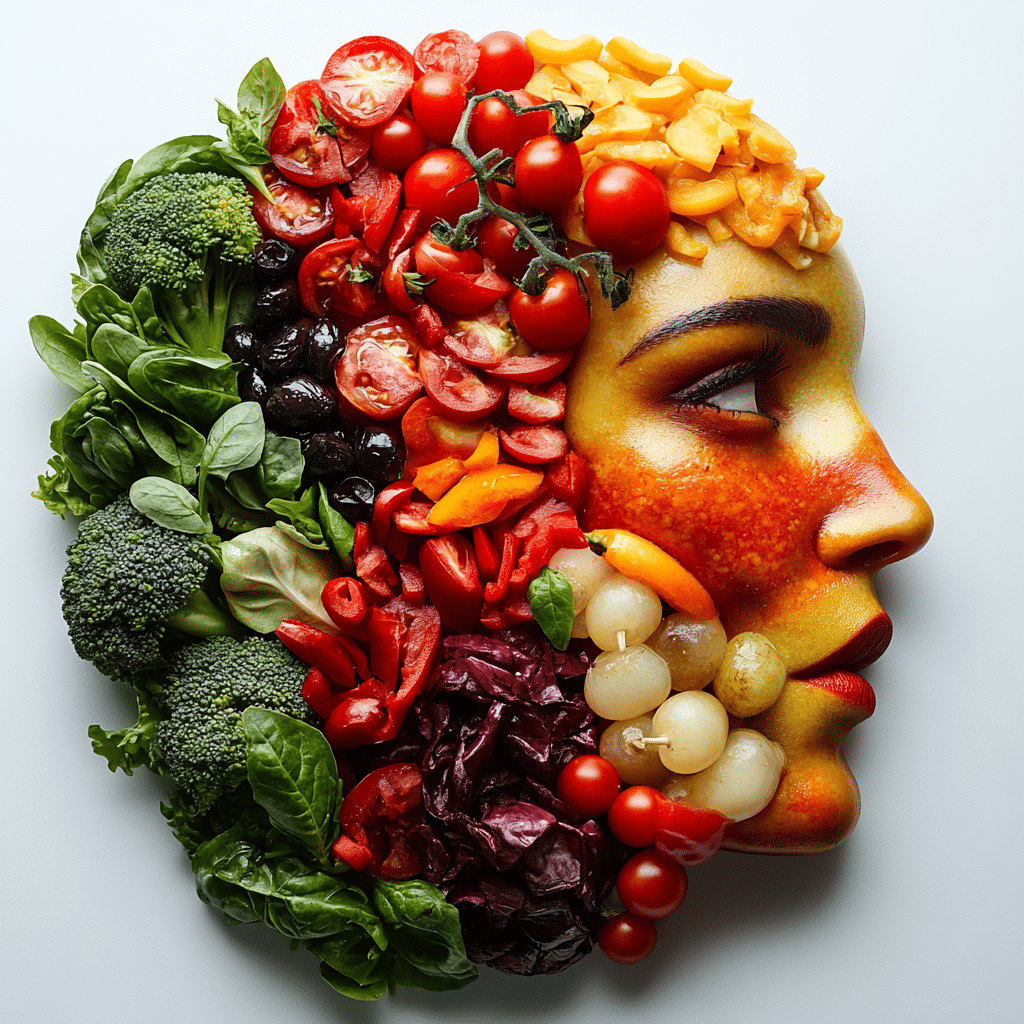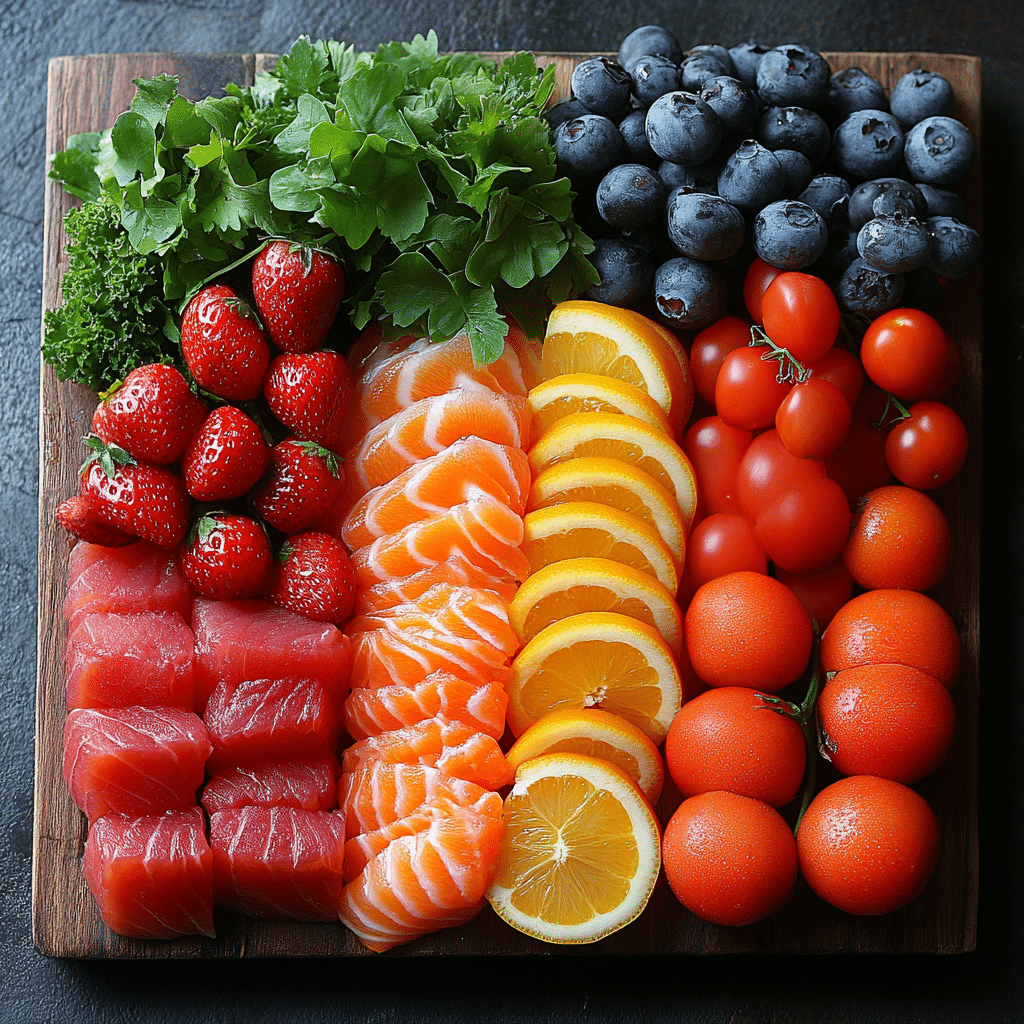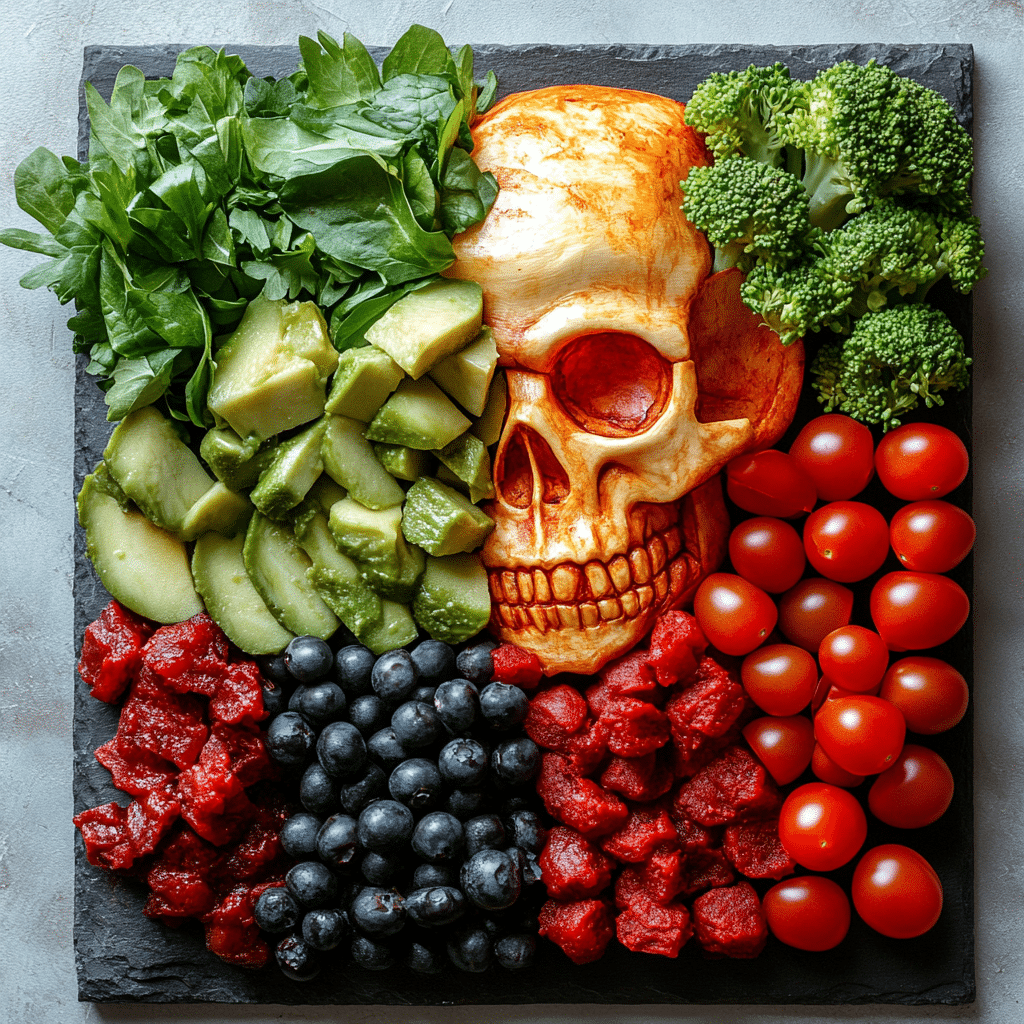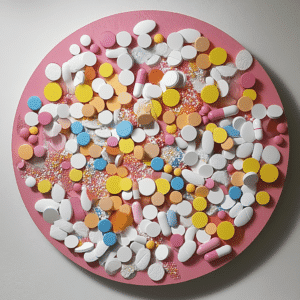Addiction recovery is a challenging journey that requires support, understanding, and a strong commitment to healing. One often overlooked yet immensely important factor is nutrition in addiction recovery. Our bodies and brains endure significant damage from substance use; poor nutrition can compound this suffering, making the healing process feel more daunting. Getting back on track involves not just emotional and psychological support but also embracing the power of a healthy diet. By prioritizing nutrition, individuals can restore their physical health, stabilize their mood, and reduce cravings, all of which are crucial for lasting recovery.

The Impact of Nutrition in Addiction Recovery
When someone battles addiction, their body may face a range of nutritional deficiencies. These deficiencies can hamper the healing process. For example, a lack of essential vitamins and minerals can result from years of poor eating habits associated with substance use. Addressing these needs through proper nutrition is pivotal. A well-balanced diet can offer critical support to the brain and body, helping repair physical damage and stabilize mood swings.
Research confirms that adequate nutrition can help individuals achieve their recovery goals. A study by the National Institute on Drug Abuse underscores the link between diet and mental well-being. Good nutrition provides the body with what it needs to recover, leading to fewer cravings and better emotional regulation. This evidence reinforces the notion that nutrition should be a primary focus in anyone’s recovery plan.
The journey of recovery is not merely about abstaining from substances; it’s about embracing a new lifestyle that prioritizes health and well-being. That said, improving one’s diet can dramatically influence recovery outcomes. Creating a solid nutritional foundation is a vital key that can lead to successful and enduring recovery.

Top 7 Nutritional Components Essential for Recovery
The Link Between Nutrition, Cravings, and Relapse
Understanding the relationship between nutrition and cravings is all the more crucial. Nutritional deficiencies can mimic withdrawal symptoms, making it more challenging to resist the urge to relapse. For instance, low magnesium levels may lead to increased cravings for sugar and alcohol. Incorporating magnesium-rich foods like leafy greens and nuts into one’s diet can help ease these urges.
Mindfulness around food choices can enhance recovery efforts. Practicing gratitude for nourishing foods and being present during meals can significantly improve eating habits. Mindful eating helps individuals savor their meals and develop a better connection with what they consume. Ultimately, this leads to healthier choices that support recovery and overall wellness.
Creating a Personalized Nutrition Plan
Creating a tailored nutrition plan is vital. It accommodates individual preferences, dietary restrictions, and specific recovery needs. Working with a nutritionist familiar with addiction recovery can be particularly helpful. A personalized plan might include:
A well-designed nutritional plan can provide comfort, satisfaction, and empowerment to those in recovery. It makes the journey of recovery feel more manageable and rewarding.
Resources and Community Support for Nutritional Recovery
Support from the community and additional resources can play an integral role in nutritional recovery efforts. Local community kitchens, wellness workshops, and support groups can enhance one’s nutritional education. Organizations like Feeding America offer food assistance and nutrition education tailored for those recovering from addiction.
Online resources are valuable too. Apps like MyFitnessPal provide tracking tools for food intake, allowing individuals to monitor their nutritional needs. Accessing information and support is essential, fostering accountability and empowerment while engaging in recovery.
Nutritional Practices to Maintain Long-Term Recovery
Adopting healthy eating habits is crucial in promoting sustained recovery. Individuals should seek out diverse cuisines that incorporate beneficial food groups while also exploring new recipes. Cooking should be viewed as an act of self-care rather than a chore.
Keeping a food journal can also help people understand how different foods affect their mood and cravings. This practice can lead to more conscious food choices and a greater sense of control in the journey toward recovery.
By adhering to these nutritional keys, individuals can build a solid foundation for their recovery process. As they prioritize their health, they’re empowered to live fulfilling lives free from addiction. Focusing on nutrition in addiction recovery is not just a means to an end; it’s about celebrating life and embracing wellness as a whole.
By integrating these nutritional insights, everyone can feel better equipped to support their loved ones. Mothers Against Addiction stands ready to help parents cope with the ups and downs of supporting their children through recovery, guiding them toward resources that nourish not just the body, but the spirit too.
Nutrition in Addiction Recovery
The Role of Nutrition in Healing
Nutrition in addiction recovery plays a crucial role in healing the body and mind. It’s fascinating to note that what we eat can significantly affect mood, energy levels, and even the cravings associated with addiction. For example, certain vitamins can support recovery journeys, and those who focus on a balanced diet often find themselves better equipped to handle the ups and downs of sobriety. Curious about which nutrients are particularly beneficial? Take a look at these essential Vitamins For recovery. Not only do they help the body restore itself, but they can also boost mental clarity, which is key during challenging times.
Good Eats and Habits
Eating well can help repopulate the brain’s neurotransmitters, which are sometimes depleted during periods of addiction. Engaging in regular physical activity also complements a healthy diet and has been linked to improved emotional and physical health outcomes. Interested in how exercise impacts sobriety? Check out our pieces on exercise And sobriety. It’s intriguing to see how the right combination of nutrition and physical activity can spark a transformation in one’s recovery journey, leading to a healthier lifestyle overall.
Practical Tips for Better Choices
When it comes to meal planning, it pays to pay attention to what you’re putting on your plate. Committing to healthy living Post-addiction is not just a phase; it’s a lifestyle. Simple things like opting for whole foods over processed snacks can make a huge difference. And if you’re ever on the go, don’t hesitate to check out a Mcd allergen menu to ensure that you’re making choices that align with your recovery goals. Every little decision adds up, and being mindful about food choices lays a solid foundation for sustained recovery.
Transitioning into a routine that includes nutritious foods can be challenging, but it’s vital. As recovery is a journey, having a supportive network and access to educational resources can help smooth the path. Those of you looking for guidance might want to connect with experts through a speaker bureau in Washington DC for valuable insights on nutrition in addiction recovery. Remember, it’s all about building a supportive environment that nurtures healing and growth. So take a deep breath, dive into this exciting culinary adventure, and enjoy the process of nourishing yourself back to health!





























 Welcome to Mothers Against Addiction (MAA) AI Support Chat!
Welcome to Mothers Against Addiction (MAA) AI Support Chat!